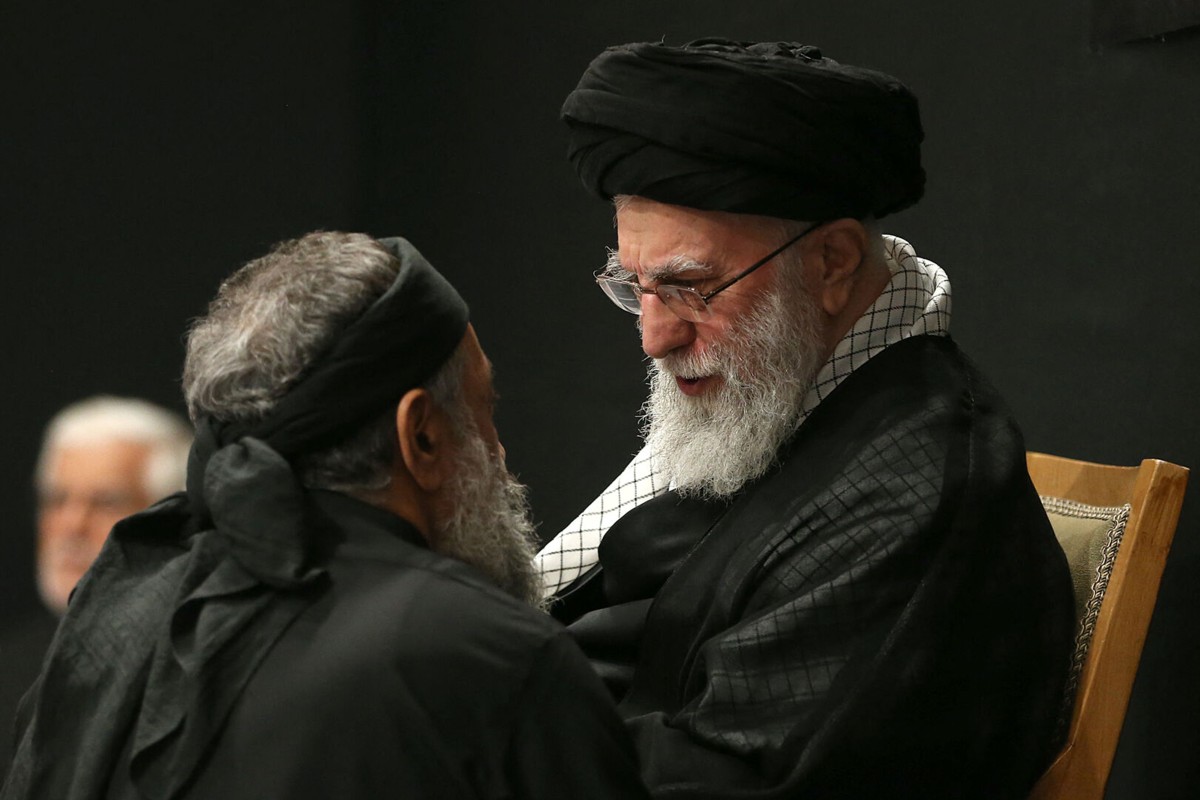Paris, France – Iran’s nuclear programme has been “very, very delayed” by US and Israeli strikes, France’s foreign intelligence chief said on Tuesday, wading into a contentious debate over just how hard it was hit.
Asked how much the strikes had delayed Iran’s nuclear programme, Nicolas Lerner, head of the DGSE French spy agency, said: “Undeniably various months, certainly.”
“Our assessment today is that every stage of the process”, from enriching uranium to designing a nuclear warhead and mounting it on a missile, “was very seriously affected, very seriously damaged”, Lerner told French news channel LCI.
“The Iranian nuclear programme as we know it has been very, very delayed,” he said.
He added that the assessment “nevertheless… needs to be fine-tuned”.
“No intelligence service in the world was capable in the hours after these strikes of making a perfect, full evaluation of what happened,” he said.
The Pentagon has said that the strikes delayed Iran’s nuclear programme by between one and two years, contradicting an initial classified US intelligence report that according to American media found the setback was only by a few months.
Lerner said it was important to remain “cautious”, notably over the unknown whereabouts of Iran’s highly enriched uranium stockpiles and the risk that Tehran could now pursue a nuclear programme in secret.
“There’s consensus on the fact that the material — the 450 kilogrammes (990 pounds) of enriched uranium — maybe a small part was destroyed, but that material remains in the hands of the regime,” he said.
Iran, which denies pursuing nuclear weapons, has suspended cooperation with the United Nations nuclear watchdog since the strikes.








